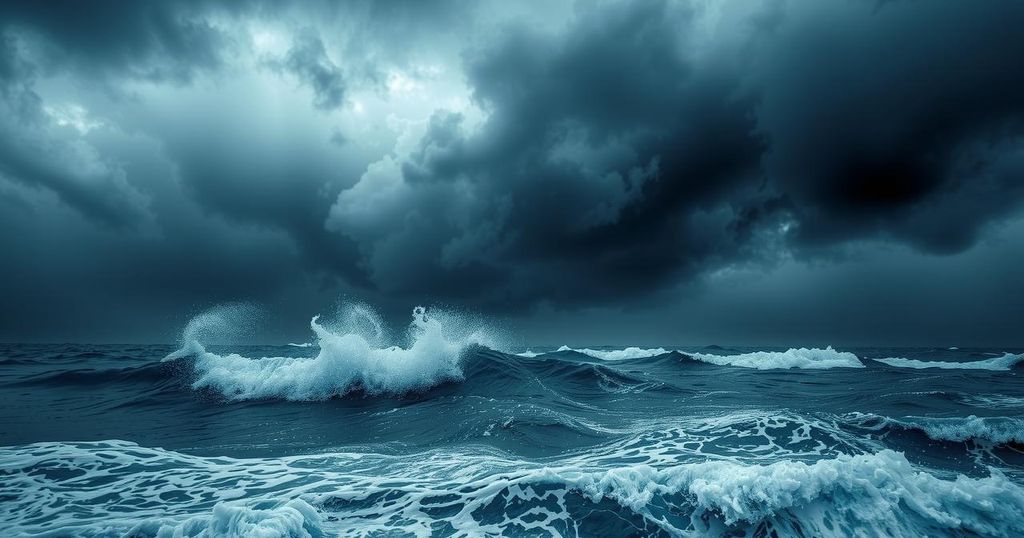Cyclone Dikeledi Devastates Madagascar and Mayotte Amid Ongoing Rainy Season

Tropical Cyclone Dikeledi has struck Madagascar and Mayotte, leading to flooding and at least three deaths. Over 15,000 people are displaced in Madagascar, with 20,000 evacuating Mayotte. The cyclone follows Cyclone Chido, which severely impacted Mayotte weeks earlier. Authorities warn of further intensification and possible additional flooding in the region.
Tropical Cyclone Dikeledi has severely impacted Madagascar, resulting in at least three fatalities and significant flooding as it progressed towards the African mainland. The cyclone also affected Mayotte, the Comoros, and Mozambique, just weeks after Cyclone Chido devastated Mayotte with deadly consequences. Dikeledi formed earlier in the month in the Southern Indian Ocean and made landfall in northern Madagascar on January 11, where it caused extensive displacement and infrastructure damage.
According to a report from the European Civil Protection and Humanitarian Aid Operations, over 15,000 individuals have been displaced in northern Madagascar, while around 20,000 residents of Mayotte were compelled to evacuate. Despite a slight weakening upon reaching Mayotte on January 12, the region experienced strong winds, flash flooding, and landslides, particularly affecting the already vulnerable village of Mbouini.
Massa, a resident of Mbouini, expressed the community’s trauma from the recent cyclones, stating, “We’re only in the middle of the rainy season, so we don’t know what’s going to happen between now and February or March.” French authorities emphasized the destructive impact of the storm, with Minister Manuel Valls stating, “Mayotte faced an intense tropical storm. The impact was violent.”
Francois-Xavier Bieuville, the prefect of Mayotte, remarked on the region’s vulnerability, noting, “We still have extremely strong winds and rainfall that is just as strong.” Forecasts predict that Dikeledi may further intensify while moving through the Mozambique Channel, threatening Madagascar, Mayotte, Comoros, and Mozambique with heavy rainfall and strong winds in the coming days.
Cyclone Chido previously caused significant devastation in Mayotte, marking the territory’s worst cyclone in over nine decades. The consequences of this cyclone were severe, claiming at least 36 lives and exacerbating the existing housing crisis in Mayotte’s shantytowns. The United Nations Office for the Coordination of Humanitarian Affairs is currently mobilizing resources to assist the affected regions, with emergency stocks and cash assistance already being distributed to vulnerable households.
In summary, Tropical Cyclone Dikeledi has caused widespread devastation in Madagascar and Mayotte, displacing thousands and resulting in fatalities. The impact of the cyclone is particularly pronounced in areas previously affected by Cyclone Chido. Continued weather threats loom as Dikeledi is expected to intensify, exacerbating vulnerabilities in these already strained regions. Authorities are responding with emergency assistance to mitigate the ongoing humanitarian crisis.
Original Source: news.mongabay.com






